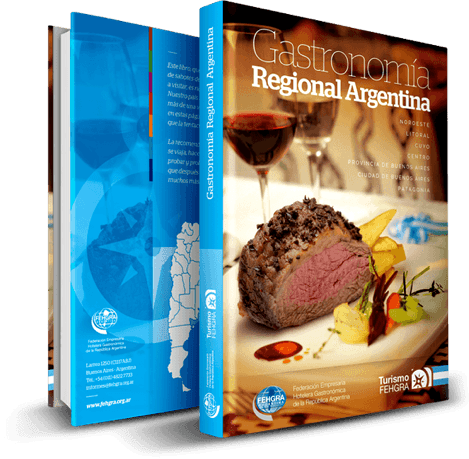De carne sustanciosa y con personalidad, el surubí es uno de los pescados de río protagonista de la mesa del NEA. Se lo aprecia en diferentes preparaciones y por ejemplo con la rúcula y su sabor intenso queda genial.

para 1 persona
| c/n | SAL Y PIMIENTA NEGRA |
| 1/2 unidad | CEBOLLA (cortada bien chica) |
| 50 cc. | VINO BLANCO SECO |
| 2 Cdas. | ACEITE DE OLIVA |
| 40 cm3 | JUGO DE LIMÓN |
| 20 g. | ALCAPARRAS |
| 2 unidades | MAZOS DE RÚCULA |
| 200 g. | LOMO DE SURUBÍ |
SALSA DE LIMÓN
| 2 Cdas. | ACEITE DE OLIVA |
| 30 g. | MANTECA |
| 3 unidades | ECHALOTTES PICADOS |
| 1 copa | VINO BLANCO |
| 1 taza | CALDO DE VERDURAS |
| 100 cm3 | CREMA DE LECHE |
| 1 unidad | JUGO DE LIMON |
MOSTAZA
| 1 Cda. | MOSTAZA EN GRANO |
| c/n | AGUA |
Filetear el surubí de modo que queden dos lomos. En una plancha bien caliente, grillarlo surubí a punto medio. Reservar. En una sartén de teflón colocar el aceite de oliva y rehogar la cebolla. Luego agregar el vino, las alcaparras y el limón. Salpimentar y dejar reducir. Emplatar el surubí, cubrir con la salsa y encima colocar la rúcula fresca. Acompañar con el salteado de vegetales. Decorar con las semillas de mostaza
Salteado de vegetales Cortar la cebolla en juliana o pluma finamente, y dorar en un sartén ó wok con el aceite neutro. Salpimentar. Cortar el pimiento, la zanahoria, el zucchini y la berenjena en juliana. Integrar a la cebolla, saltear y rectificar la sazón. Adicionar las habas peladas y el choclo, previamente descongelado. Desglasar con el agua, continuar la cocción hasta que ésta se haya evaporado.
Crocante de girasol Disponer las semillas de girasol en una asadera, rociar con el aceite, salar, llevar al horno por 2 minutos. Retirar y reservar.
Mostaza Hidratar los granos de mostaza en agua tibia por una hora, escurrir y reservar.
Montaje Disponer el salteado dentro de las hojas de repollo, y sobre éste, las semillas de girasol. Servir en fuente acorde al volumen obtenido de la preparación, con tomates cherry, ciboulette y albahaca.
El surubí es uno de los pescados de río de mayor tamaño. Nativo de América del Sur, en todo el litoral se lo consume de diversas maneras y hay distintas variedades: con lunares (pintado o manchado) y a rayas (atigrado). Además de aprovecharse su carne, su piel seca se aprovecha como un cuero.

“Este libro, que es un gran mapa de sabores de regiones argentinas a visitar, es rico y variado.”
Conocé más sobre el libro original.
Acerca del libro